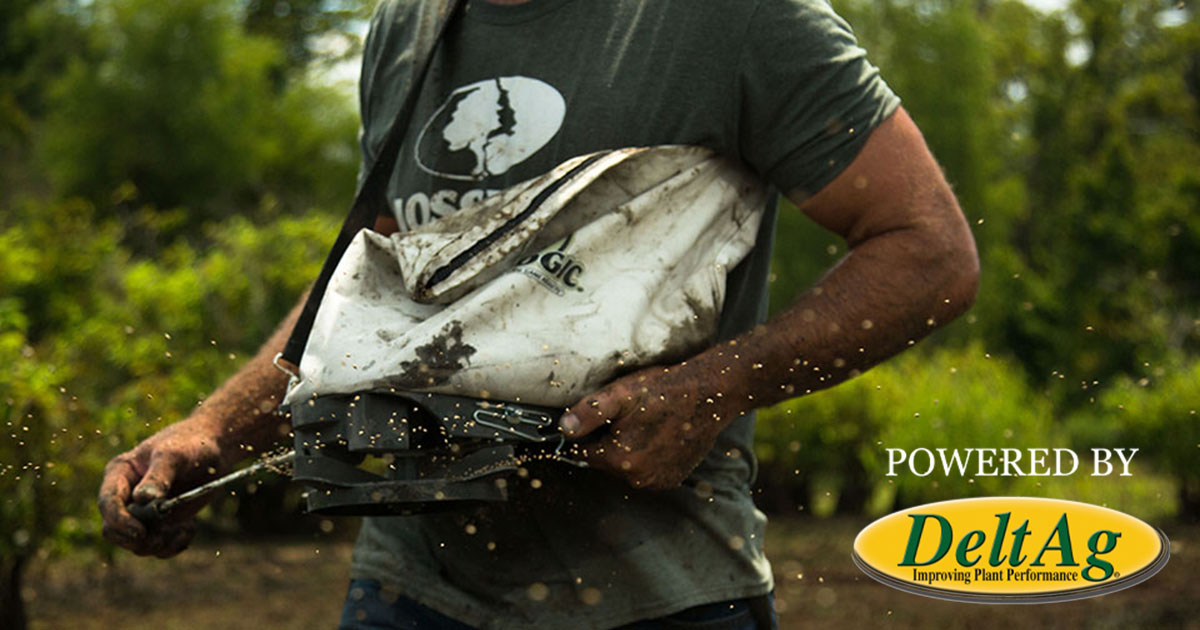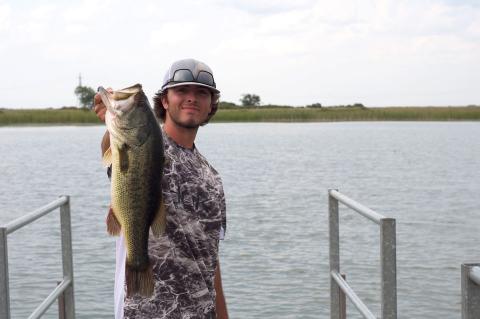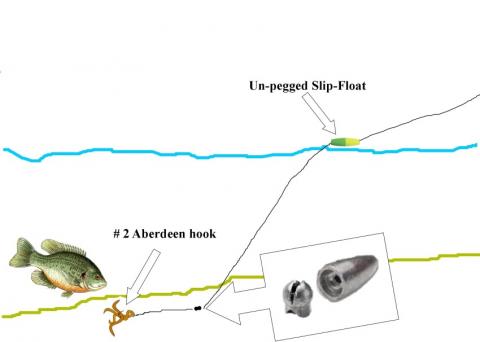
Have you ever noticed when you plant a “blend” of seeds from different plant types, some seem to germinate and come up better than others and some may seem healthier? There could be several reasons for this. First, we’re applying a seed mix that likely includes different size seeds. In addition, some seeds have soft shells while others are hard-shelled. Ideally these plants should be planted at different depths and possibly in different soil types or moisture levels. When mixed together and planted at one time it just means some will emerge better than others.
Another factor is soil pH. Some seeds will respond better in an acid soil than others and vice-versa for alkaline soils. One of the most significant factors is soil temperature. Every seed type and variety has an optimum window for planting. It is important to know this window for the seeds you are planting. Unfortunately, often many managers have to plant when the ground is dry enough, when we have access to certain equipment or simply when time allows.
A great tip to help all of the seeds (and then growing plants) to do better all the way from germination and on into their first stages of life would be to add DeltAg’s Seed Coat to the seed. When blends are planted, we are planting different seeds with different needs all at the same time and at the same depth. DeltAg’s Seed Coat will help overcome these factors and give all of your seeds a better chance to perform with whatever conditions are prevalent.
Austin Delano, Head of Research and Development for BioLogic, says, “The poorer the conditions, the bigger difference you can see when using Seed Coat. Root mass seems to be significantly larger on the seedlings treated with Seed Coat. The first few weeks of a plant’s life is its most vulnerable time. A good beginning means a better life and more nutrients transferred from the soil to the plants and ultimately to my deer herd.”
For more food plot tips, read “The Importance of a Well Prepared Seed Bed.” Seed bed preparation is extremely important in growing successful food plots. Many planting failures can be attributed to poor seedling survival or lack of germination due to incorrect planting depth and poor seed bed prep. This is especially critical when planting small seeds like clover, chicory, brassicas, or alfalfa.




























